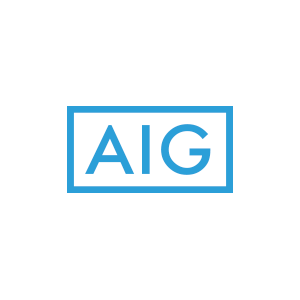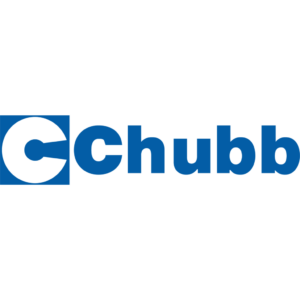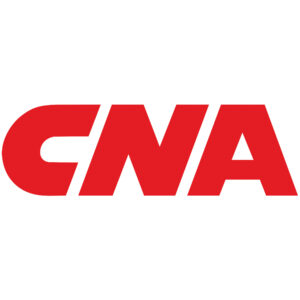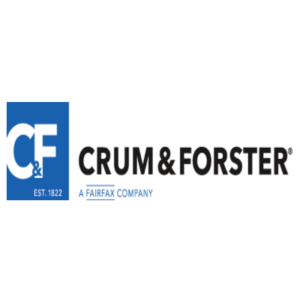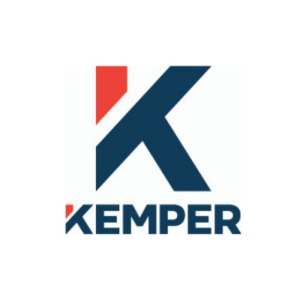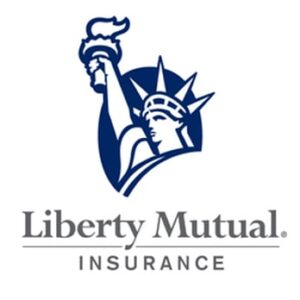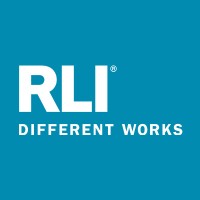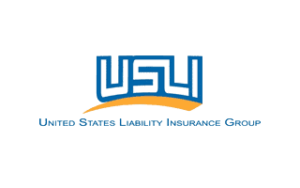Roofing Insurance
Protect Your Business from Top to Bottom with Roofing Insurance
Protect your business with reliable roofing insurance
Roofing insurance, also known as roofing contractor insurance, is a specialized type of coverage tailored to the unique risks and liabilities associated with the roofing industry. Roofing contractors face various challenges, including the inherent dangers of working at heights, potential accidents, property damage, and liability claims. This insurance typically includes a range of coverage options to address these risks. It provides protection for the roofing contractor’s business assets, such as tools, equipment, and vehicles, against damage or theft.
General liability insurance is a fundamental component, safeguarding against third-party claims for bodily injury or property damage that may occur during roofing projects. Additionally, roofing insurance may include workers’ compensation coverage to protect employees in case of work-related injuries or illnesses. Roofing professionals rely on this insurance to ensure financial security, regulatory compliance, and the ability to focus on delivering high-quality roofing services without the constant worry of potential liabilities.
The importance of roofing insurance
Roofing insurance is of paramount importance for roofing contractors and businesses for several compelling reasons:
Liability Protection: Roofing work can be hazardous, and accidents or property damage may occur during projects. Liability insurance, specifically general liability coverage, protects roofing contractors from financial losses resulting from third-party claims for bodily injury or property damage. Without this protection, legal expenses and potential settlements or judgments could be financially crippling.
Asset Safeguarding: Roofing equipment, tools, and vehicles represent significant investments for roofing contractors. Property insurance included in roofing insurance safeguards these valuable assets from damage, theft, or vandalism, ensuring that the business can continue operations even in the face of unexpected events.
Worker Safety: Roofing projects often involve working at heights, which poses risks to employees. Workers’ compensation insurance is typically required by law and provides coverage for medical expenses and lost wages in case of work-related injuries or illnesses, ensuring that employees are well cared for and protected.
Contractual Requirements: Many roofing contracts and agreements with clients and subcontractors stipulate that roofing contractors must have specific insurance coverages in place. Compliance with these contractual requirements is necessary to secure and maintain business relationships.
Professionalism and Trust: Having roofing insurance demonstrates professionalism and reliability to clients, lending credibility to the business. Clients are more likely to trust and hire roofing contractors who are properly insured, knowing that they have financial protection in place.
Legal Compliance: In many jurisdictions, carrying certain insurance coverages, such as workers’ compensation or liability insurance, is mandatory for roofing contractors to operate legally. Failure to comply with these regulations can result in fines or legal penalties.
Risk Management: Roofing insurance is a critical risk management tool. It allows roofing contractors to transfer the financial burden of unforeseen events to the insurance provider, reducing the potential impact on the business’s finances.
Business Continuity: In the event of property damage, business interruption, or legal disputes, roofing insurance helps maintain business continuity by covering repair costs, lost income, and legal expenses. This ensures that the roofing business can weather setbacks and continue serving clients.
Competitive Advantage: Being adequately insured can set roofing contractors apart from competitors who may not have insurance or carry insufficient coverage. Clients often prefer contractors who provide a higher level of protection.
Peace of Mind: Roofing insurance provides peace of mind to roofing professionals, allowing them to focus on delivering high-quality roofing services without the constant worry of potential financial risks and liabilities.
Commercial Insurance Quote
Discover what policies are available with roofing insurance
Roofing insurance typically includes several essential policies and coverage options to address the unique risks and liabilities associated with the roofing industry. These policies can be customized to meet the specific needs of roofing contractors and businesses. Here are common policies available with roofing insurance:
General Liability Insurance: Provides coverage for third-party claims of bodily injury or property damage that may occur during roofing projects. It protects against lawsuits and legal expenses.
Workers’ Compensation Insurance: Mandatory in most jurisdictions, workers’ compensation provides coverage for work-related injuries or illnesses sustained by roofing employees. It covers medical expenses, lost wages, and rehabilitation costs.
Commercial Property Insurance: Protects roofing contractors’ physical assets, including tools, equipment, office space, and inventory, against damage or loss due to events like fires, theft, vandalism, or natural disasters.
Commercial Auto Insurance: Covers vehicles used for roofing business purposes, such as transportation to job sites. It includes coverage for accidents, property damage, and liability while driving company vehicles.
Tools and Equipment Insurance: Specifically covers the tools and equipment used by roofing contractors, protecting them from damage, theft, or loss.
Professional Liability Insurance (Errors and Omissions): Offers protection against claims of errors, omissions, or negligence in roofing services, such as incorrect installation or failure to detect roofing issues. It is particularly important for design and inspection services.
Umbrella or Excess Liability Insurance: Provides additional liability coverage above the limits of primary liability policies, offering added protection in case of large claims or lawsuits.
Inland Marine Insurance: Covers roofing equipment and materials while they are in transit to and from job sites or during delivery.
Business Interruption Insurance: Helps roofing contractors recover lost income and ongoing expenses if they are forced to cease operations due to a covered event like property damage.
Employment Practices Liability Insurance (EPLI): Protects against claims related to employment-related issues, such as wrongful termination, discrimination, or harassment allegations brought by employees.
Cyber Liability Insurance: Safeguards against data breaches, cyberattacks, or unauthorized access to customer and business data, especially for roofing contractors that handle digital transactions and customer information.
Pollution Liability Insurance: Covers potential environmental damage or pollution resulting from roofing activities, such as the release of hazardous materials.
Crime Insurance: Protects against financial losses resulting from employee theft, fraud, or other criminal activities within the roofing business.
Commercial Surety Bonds: Required for some roofing projects, bonds provide a financial guarantee that the contractor will fulfill their contractual obligations.
Roofing Installation and Warranty Insurance: Provides coverage for repair or replacement of roofing systems if defects or problems arise after installation, offering peace of mind to clients.
The specific coverage needs for roofing insurance can vary based on the size of the roofing business, the types of services offered, the geographic area of operation, and other individual factors. Roofing contractors should work closely with an experienced insurance agent or broker to tailor a policy that provides comprehensive protection against potential risks and liabilities in the roofing industry.

As a roofer, protecting your business with an insurance policy is crucial.
Reach out to us for a personalized consultation and explore the coverage options that suit your specific needs.
Companies We Work With

